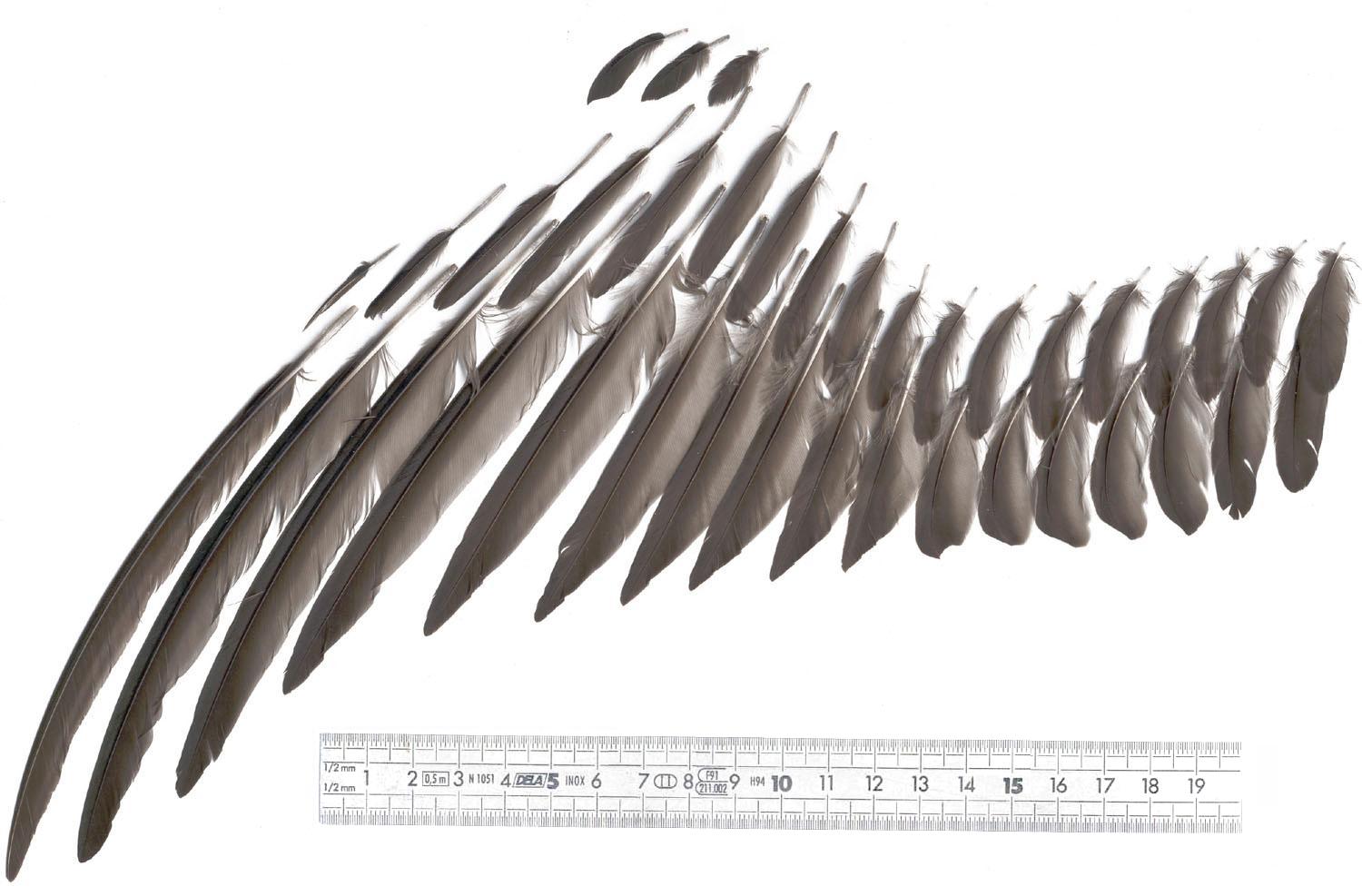Pritt Interactive - Cub Down Bloa (No. 54)
Posted: Sat Jan 11, 2014 11:56 am
I would like to try out a new idea for an interactive post, to discuss a specific pattern in detail. Original materials of construction, and modern substitutes for difficult to obtain materials. I would like to post the recipe for the pattern, and ask people to tye up a copy of the fly and post it for discussion.
ONLINE VERSION OF THE PRITT BOOK (thanks for the link Roadkill):
https://archive.org/stream/yorkshiretro ... 8/mode/2up <--- This link takes you to the recipe.
https://archive.org/stream/yorkshiretro ... 1/mode/2up <--- This link shows a painting of the fly.
No. 54. CUBDOWN BLOA
Hook Size I
WlNGS. From the inside of a Swift's wing, or from a Lapwing's apron.
BODY. Yellow silk, dubbed with down from a Fox cub, or fur from a water Rat.
LEGS. From a Plover's feather.
FISHING TIP: Useful towards evening through June and July.
Let me get the ball rolling with some questions, and comments:
1) What modern hook size should be used?
2) Does anyone know the specific species of swift or lapwing Pritt used? Can swift wings or lapwing apron's still be purchases? If so, where? If not, what would be a good substitute material?
3) Fox cub and water rat are both difficult to find. What would be good substitutes?
4) Is there a particular plover feather that would be used for the legs (hackle, wing, tail)?
5) What particular insect does this pattern represent?
Please chime in with whatever opinions you may have. If there is enough interest in this sort of post, we can repeat the process with other Pritt patterns, or other historical patterns.
ONLINE VERSION OF THE PRITT BOOK (thanks for the link Roadkill):
https://archive.org/stream/yorkshiretro ... 8/mode/2up <--- This link takes you to the recipe.
https://archive.org/stream/yorkshiretro ... 1/mode/2up <--- This link shows a painting of the fly.
No. 54. CUBDOWN BLOA
Hook Size I
WlNGS. From the inside of a Swift's wing, or from a Lapwing's apron.
BODY. Yellow silk, dubbed with down from a Fox cub, or fur from a water Rat.
LEGS. From a Plover's feather.
FISHING TIP: Useful towards evening through June and July.
Let me get the ball rolling with some questions, and comments:
1) What modern hook size should be used?
2) Does anyone know the specific species of swift or lapwing Pritt used? Can swift wings or lapwing apron's still be purchases? If so, where? If not, what would be a good substitute material?
3) Fox cub and water rat are both difficult to find. What would be good substitutes?
4) Is there a particular plover feather that would be used for the legs (hackle, wing, tail)?
5) What particular insect does this pattern represent?
Please chime in with whatever opinions you may have. If there is enough interest in this sort of post, we can repeat the process with other Pritt patterns, or other historical patterns.


